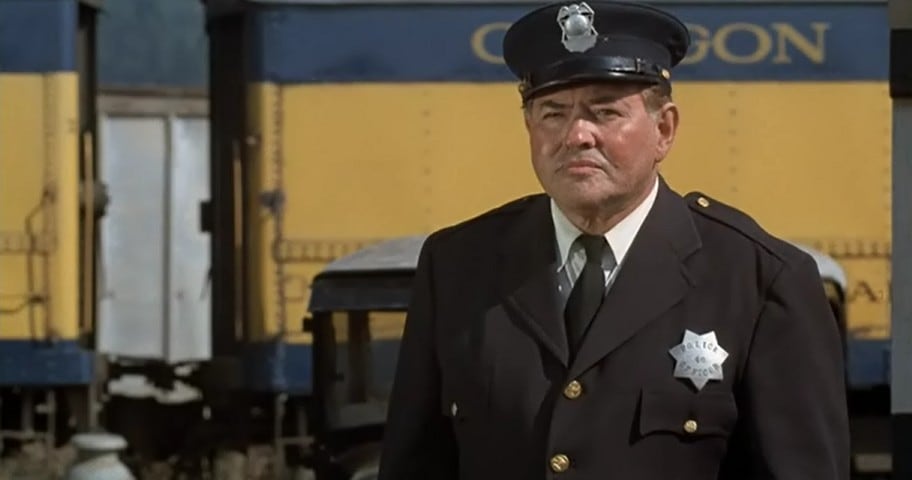
SIMON OAKLAND RELIGION HOW TO
It's the only place I've ever been where everybody knew how to pronounce my name and how to spell it. But there's actually quite a big Jewish community there. It was a joke that there were three Jewish families in Montgomery: the Weils, the Greils, and the Schlemiels.

My great-grandfather was a big merchant in Montgomery. My grandmother was from Montgomery, Alabama, and it was a Southern tradition to name your second son after your maiden name, which was Greil. Greil is a Southern name, and a German name. So obviously I was going to be named after him whether I was a boy or a girl. I was named after my father, who was killed in the war before I was born. GREIL MARCUS: Well, there are quite a few Greils in the South. SIMON REYNOLDS: LET'S START WITH YOUR NAME - Greil. Apart from some minimal tidying up (nearly always to my questions and comments Marcus "talks like a book," as folk in England used to say about eloquent persons) and one small liberty taken with sequencing to preserve chronological flow, this is exactly how the conversation went down. Only a fraction of the interview made into the final article, so here is installment #1 (of four) of the complete transcript.

Marcus was fighting a nasty cold that day: sniffing thickly, propping himself up with a pointed index finger that dimpled into his cheek, he sagged sometimes but never flagged during the three hour conversation.

Over the course of an afternoon, we covered the length and breadth of his 45-year career, from his formative experiences and influences to his days as an editor at the newly founded Rolling Stone, through all his major books (Mystery Train, Lipstick Traces, Invisible Republic, The Shape of Things To Come ), via his editing of the much-loved desert-island-disc anthology Stranded, to his recent monographs on Van Morrison and The Doors, and much more besides. Click here to read part two, part three, and part fourĮarlier this year I visited Greil Marcus, widely considered the greatest living rock writer, at his home on the border between Berkeley and Oakland to profile him for the British newspaper The Guardian. This is part one of a four-part interview.


 0 kommentar(er)
0 kommentar(er)
